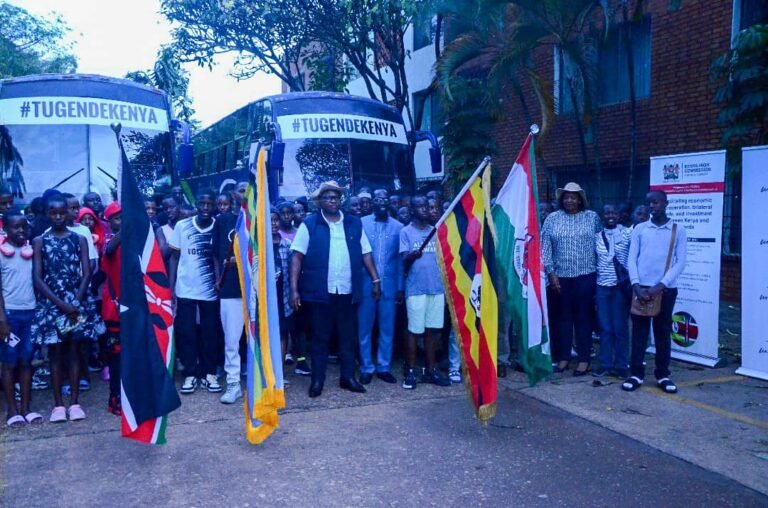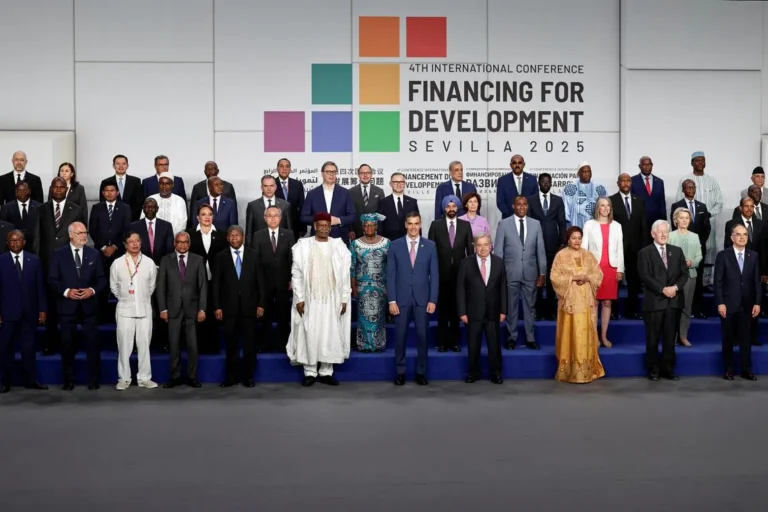
Date: September 19, 2025
In a move that has sent shockwaves through East Africa, the United Arab Emirates (UAE) has announced a significant tightening of visa regulations for Ugandan nationals, set to take effect in January 2026. The decision comes amid growing concerns over immigration abuse and criminal activities, particularly following a disturbing BBC investigation that exposed a brutal sex-trafficking ring preying on vulnerable Ugandan women in Dubai .
⚖️ Background and Rationale
According to Oryem Henry Okello, Uganda’s Minister of State for Foreign Affairs in charge of international cooperation, the UAE will suspend the issuance of long-term visas for certain categories of Ugandan citizens. However, he emphasized that the measure does not constitute a complete travel ban .
“They are going to put restrictions on Ugandans travelling to the UAE. There will be no long-term visas — only short-term visas — and some categories of people will not be able to receive visas,” Oryem told Xinhua in a telephone interview .
The UAE authorities are primarily targeting individuals considered at high risk of overstaying their visas or engaging in unlawful activities. “It is not a blanket prohibition,” Oryem noted. “Some people will still go, but it will be based on the risk of a person overstaying their visa or failing to respect the laws and culture of the UAE” .
🔍 The Trigger: BBC’s Investigation into Sex Trafficking
The visa ban follows a harrowing BBC investigation that uncovered a degrading sex-trade ring operating in Dubai’s most glamorous districts, led by Charles Mwesigwa, a former London bus driver . The report revealed how Mwesigwa and his network lured young Ugandan women with promises of legitimate employment in supermarkets or hotels, only to force them into exploitative sex work under the burden of crippling debts .
The investigation documented chilling testimonies from women who were subjected to extreme fetishes, including violent and degrading acts by wealthy clients, primarily white Europeans. One client was known to regularly defecate on women and compel them to consume it — a practice linked to the viral TikTok hashtag #Dubaiportapotty, which has been viewed over 450 million times .
Tragically, the investigation also linked Mwesigwa to the deaths of two young Ugandan women — Monic Karungi and Kayla Birungi — who fell from high-rise apartments in Dubai under suspicious circumstances. While authorities ruled the deaths as suicides, families and friends insist that the cases were inadequately investigated .
🌍 Impact on Uganda
The visa ban is expected to have far-reaching consequences for Uganda, affecting:
· Labour Export Industry: Approximately 4,457 Ugandans migrate to the UAE for work annually, representing about 4.5% of the country’s total migrant workforce. Many are employed in domestic roles such as housemaids, drivers, and cleaners .
· Business and Trade: Dubai is a critical hub for Ugandan merchants who travel there to procure electronics, jewellery, and clothing for resale back home.
· Tourism: The UAE has become a popular leisure destination for Ugandan middle-class families seeking luxury experiences .
The ban also risks disrupting remittance flows, which are a vital source of household income and national revenue, contributing an estimated $1.2 billion in tax revenue annually .
🤝 Diplomatic Response and Future Steps
Ugandan authorities have indicated that they will not immediately seek negotiations to reverse the restrictions . However, the growing exposure of trafficking networks has sparked urgent calls for stronger safeguards for Ugandan nationals seeking work abroad .
Labour advocates and diplomats warn that without clear protections and oversight, more Ugandans could be drawn into unsafe migration pathways, with devastating consequences .
💡 Conclusion
While the UAE describes the visa ban as temporary, it underscores the urgent need for robust dialogue between Uganda and the UAE on migrant welfare, business facilitation, and tourism access . For now, the restrictions stand as a stark reminder of the dangers shadowing labour migration and the imperative to protect vulnerable citizens from exploitation.
For further details, refer to the original BBC investigation and official statements from the Ugandan government .








